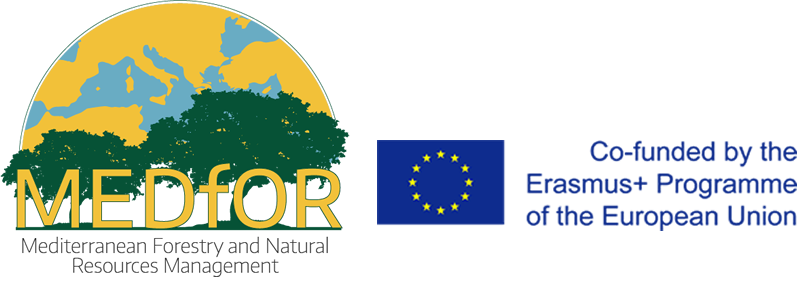Second Year
Mediterranean Sustainable Forest Management - An Institutional Economics Approach
30 ECTS specialization sub-programme at Portuguese Catholic University in Porto (Portugal):
Specialization Catholic University 2024
Some major features of Mediterranean forests make institutional factors very relevant in their sustainability:
-
Positive externalities are a major part of their output and some of their main threats, such as fires, are negative externalities, whose internalization needs appropriate institutional mechanisms;
-
in many places there land use conflicts (agricultural/forest uses, urban/forest uses) also calling for regulation through appropriate institutions;
-
being multifunctional systems, there is a need for institutional mechanisms where all the relevant stakeholders can cooperate to promote the different functions of forests;
-
to many persons and communities in the Mediterranean world forests have other values besides use and exchange values which are part of their collective identity embodied in local institutions;
-
finally, the institutional settings in which forest are owned and managed vary a lot around the Mediterranean world and this diversity has to be taken into account for a successful implementation of public policies and management guidelines aiming at sustainable forest management.
This specialization is designed to train students:
-
in learning the economic concepts appropriate to analyze situations where collective action is needed to cope with social conflict and to promote sustainable development;
-
in applying these concepts to Mediterranean forests.
The sub-programme is organized in five courses:
Courses
- Economics and Management of Non Profit Organizations (6 ECTS)
- Foundations of Social Economics (6 ECTS)
- Governance of Mediterranean Forests (6 ECTS)
- Research Methods (6 ECTS)
- Sustainable Development (6 ECTS)



